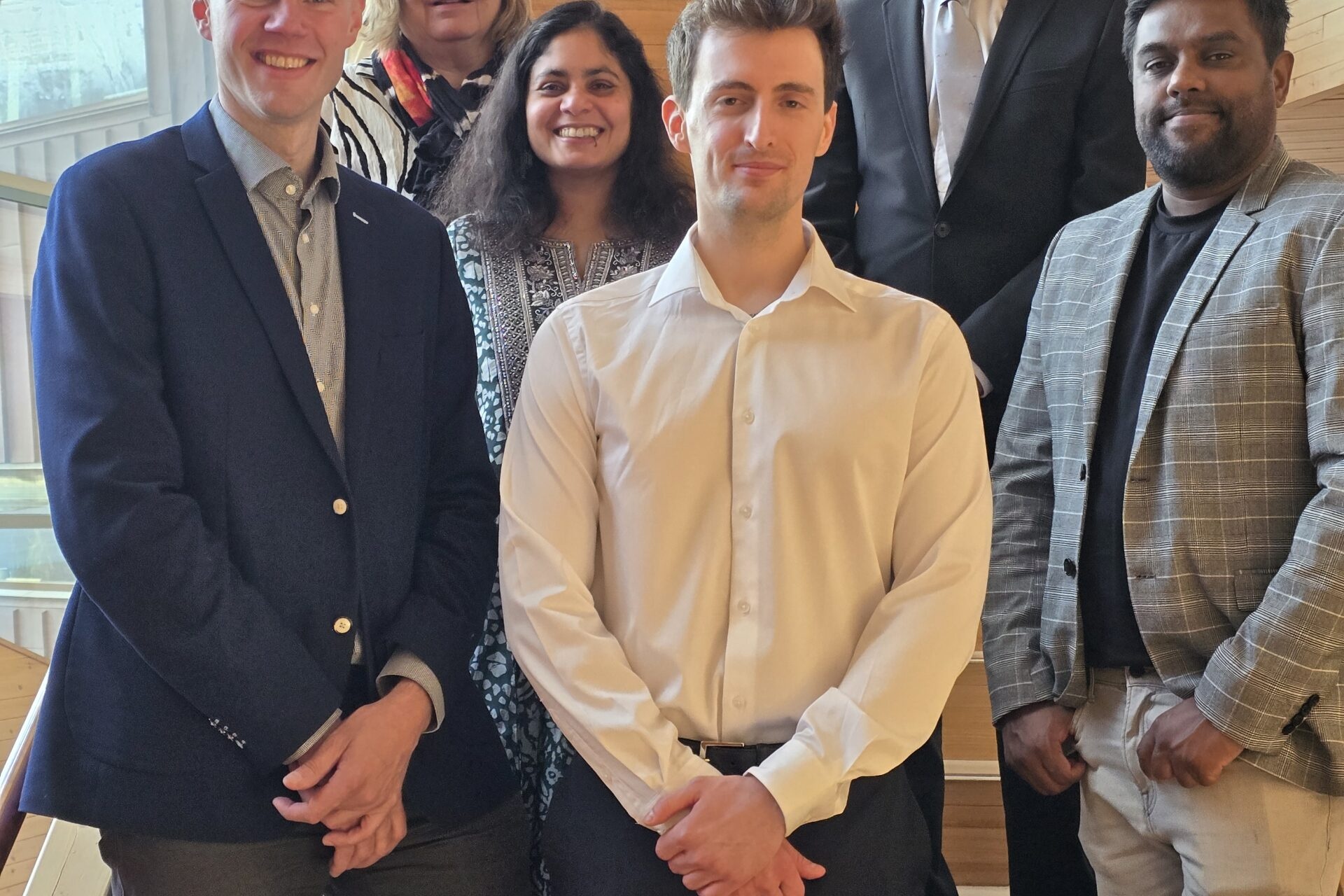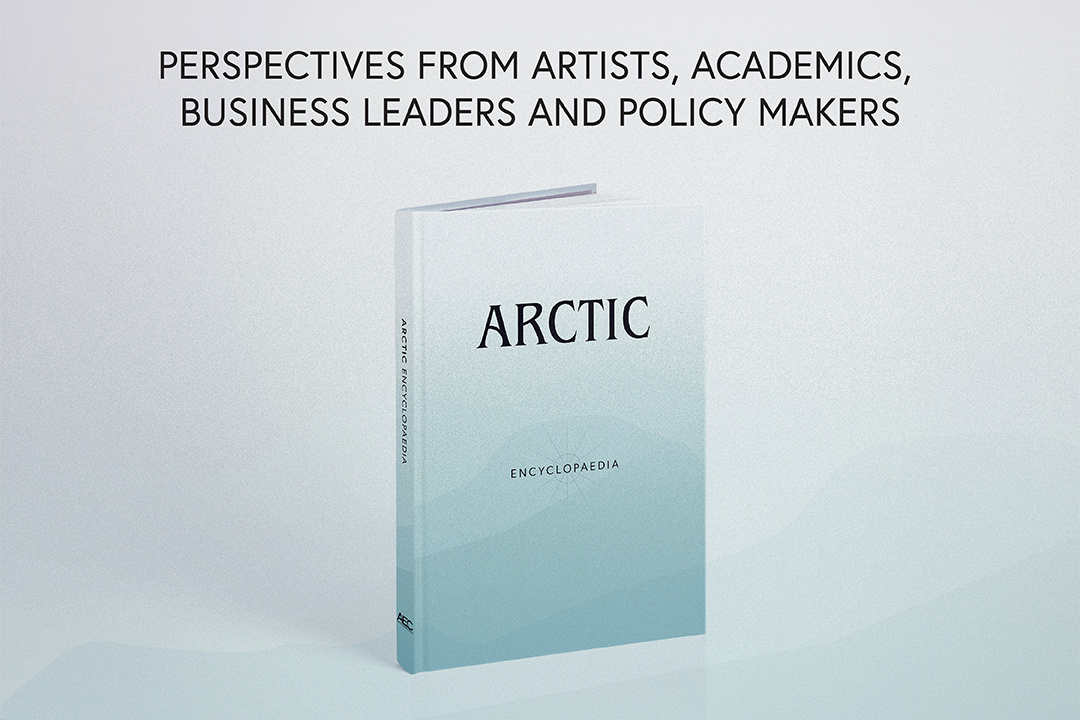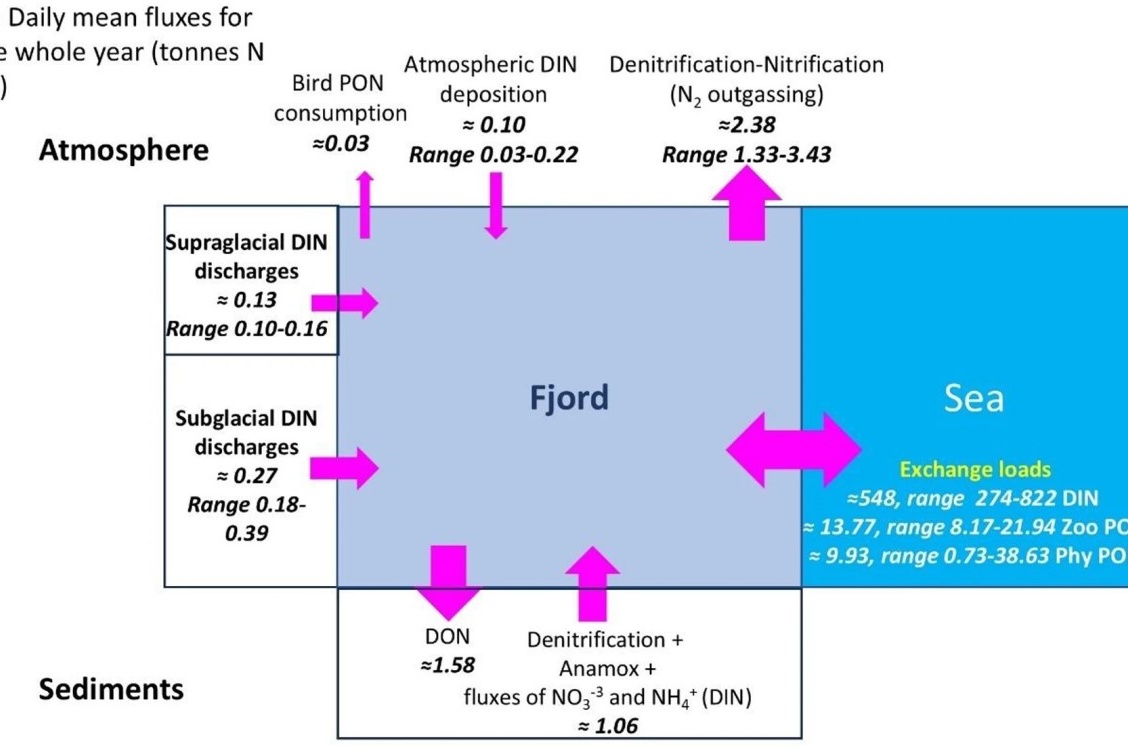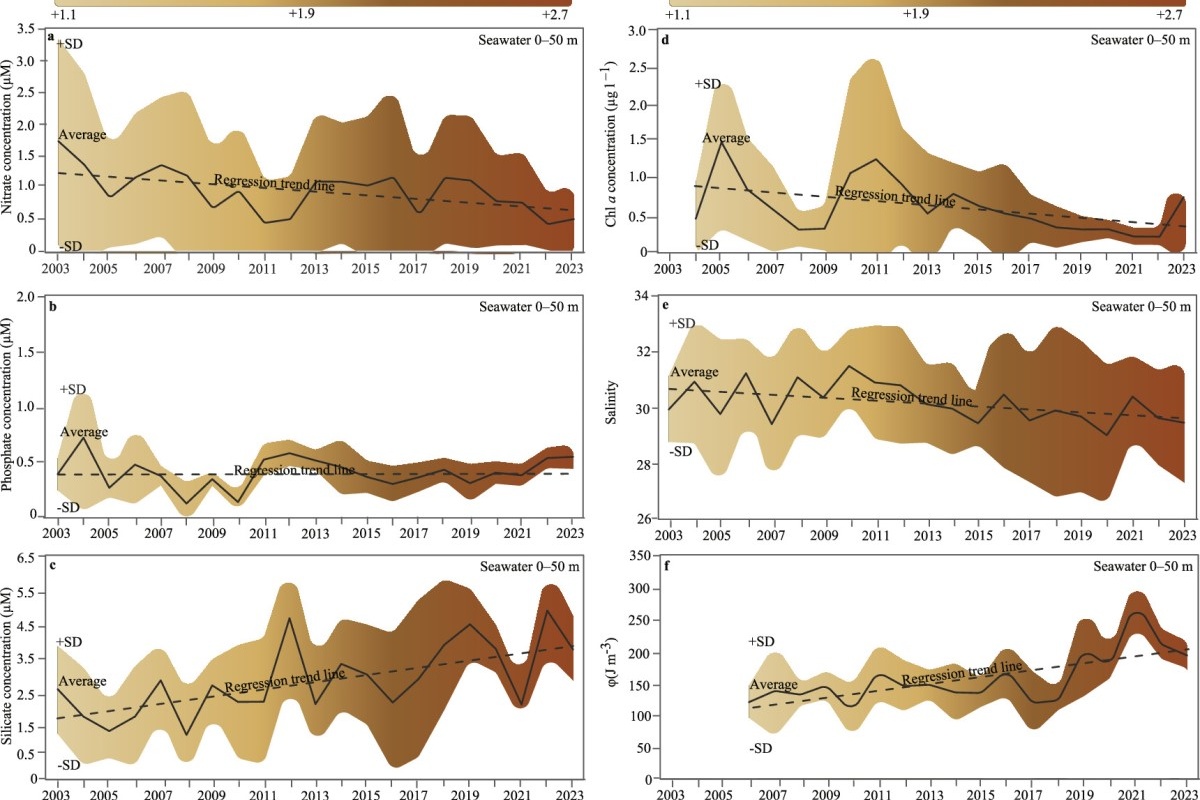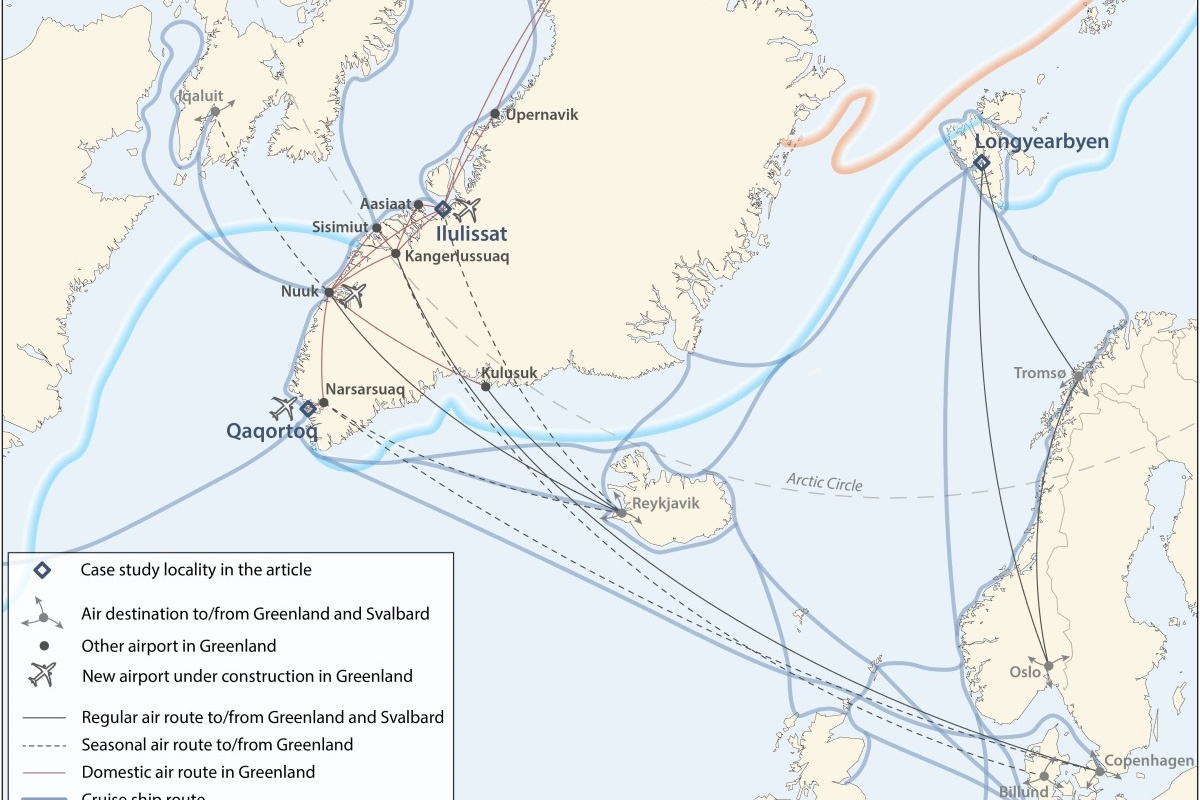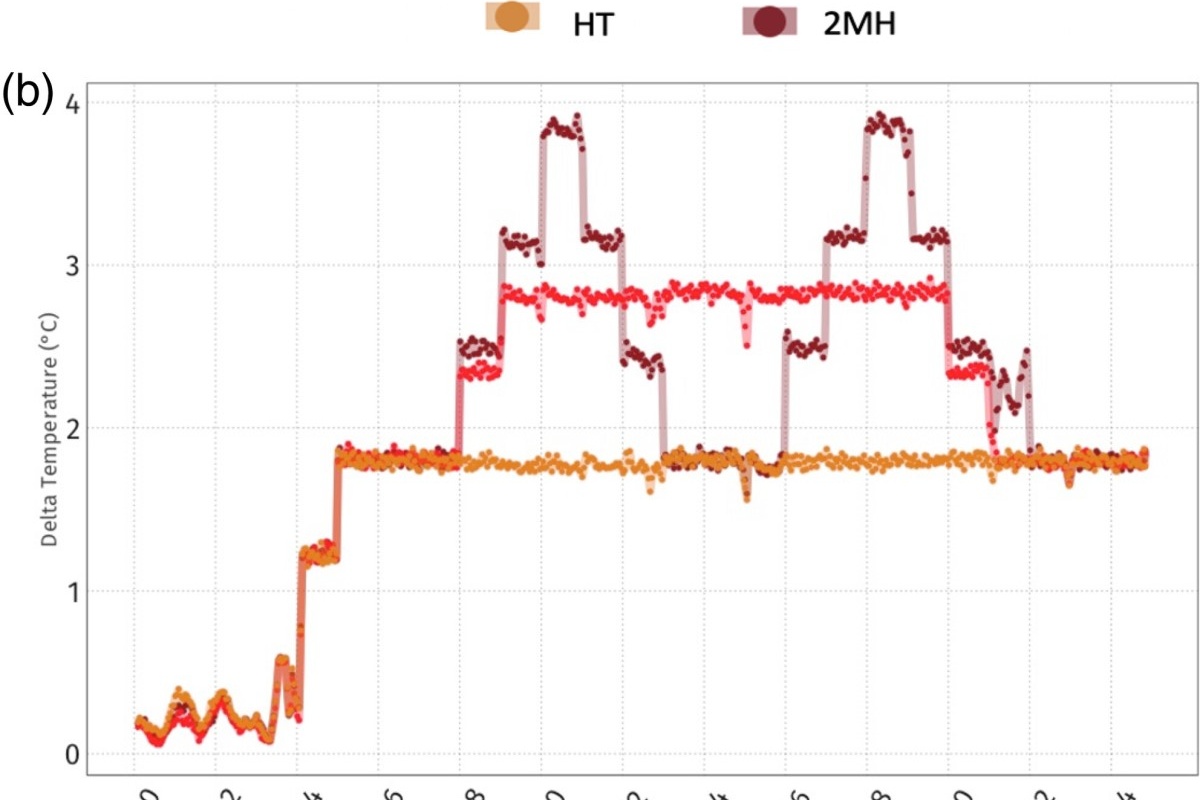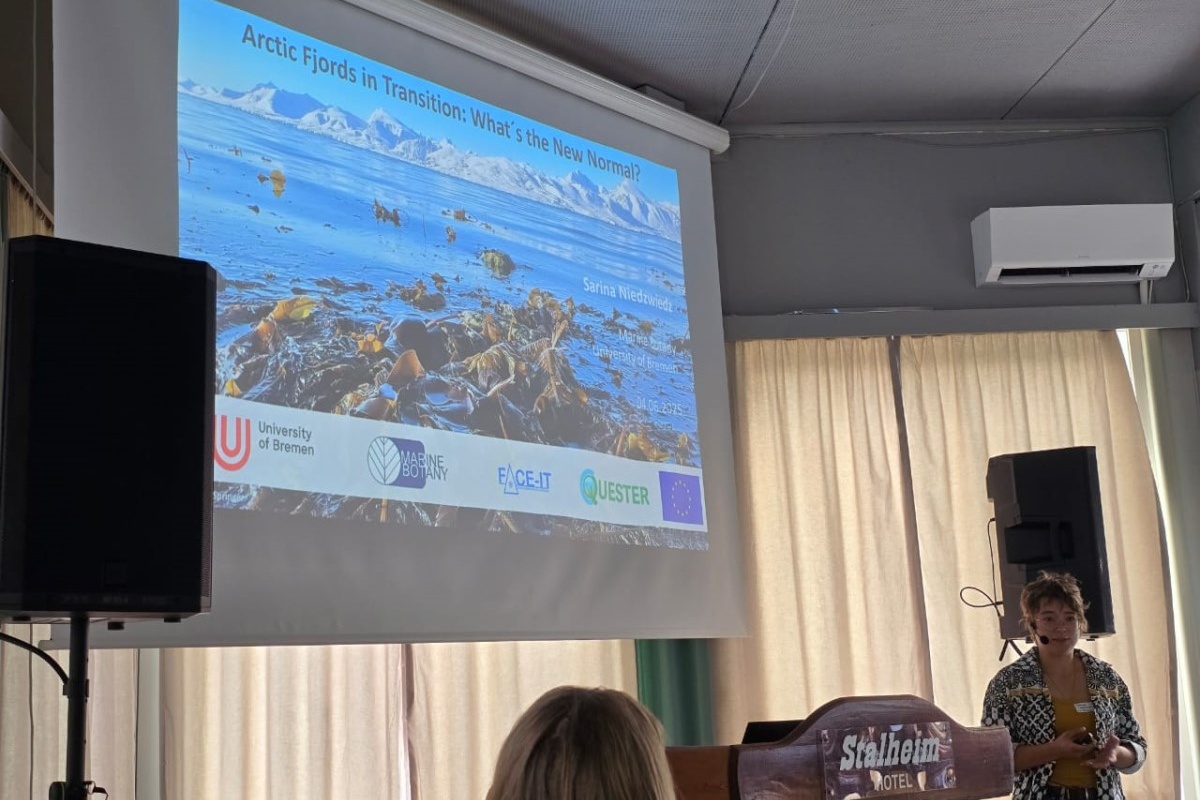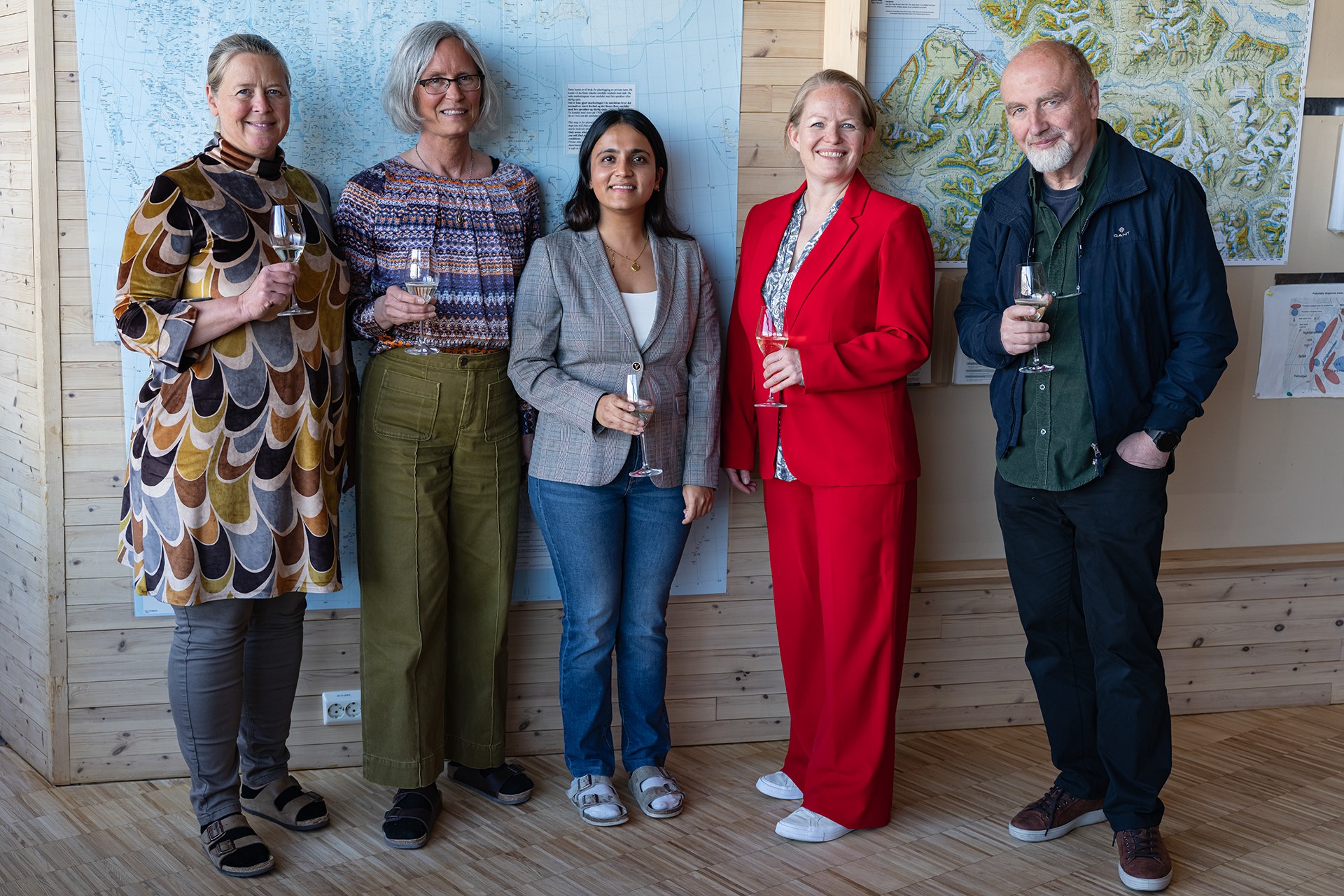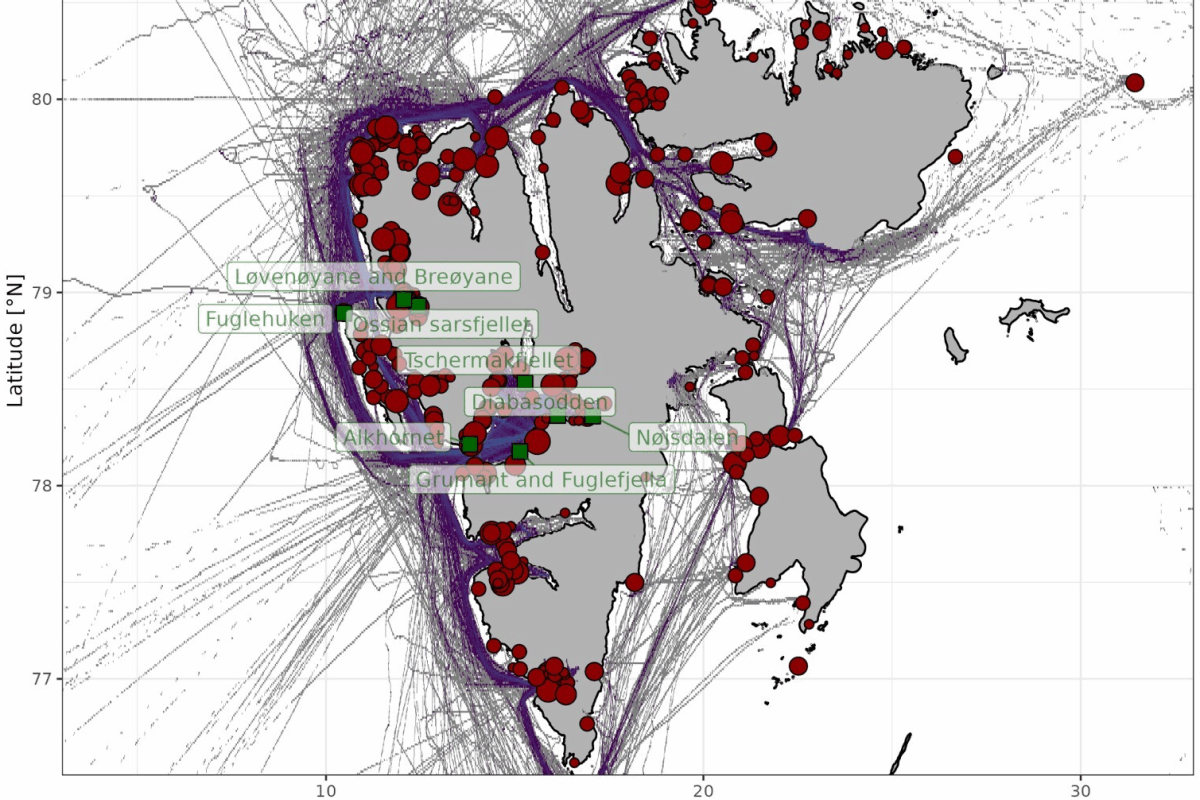Arctic fjords are social-ecological systems
Glacier fronts and sea ice systems are hotspots of biodiversity. Their retreat will pose threats to Arctic coastal ecosystem function and eventually local livelihoods. The Arctic is a harbinger of the consequences of multiple global and regional environmental change on ecosystems and livelihoods: The overarching objective of FACE-IT is to enable adaptive co-management of social-ecological fjord systems in the Arctic in the face of rapid cryosphere and biodiversity changes.
Check out this video introduction to FACE-IT: The Changing Arctic Fjord Systems
14
International
institutions
7
Unique
sample sites
8
Countries
Latest Updates
Víctor González Triginer: Fifth PhD thesis defended within FACE-IT
September 16, 2025
On 16 September 2025, Víctor González Triginer successfully defended his PhD thesis, entitled "Ecological transitions in Arctic marine ecosystems - Macroalgal settlement, pelagic density, and fish community shifts associated with glacier retreat and Atlantification". Prior to the defense, Víctor presented a trial lecture with the title “Integrating Underwater Acoustics, Optics, and Artificial Intelligence for Advanced Marine Ecosystem Monitoring”.
The Arctic Encyclopaedia: FACE-IT contributions to a new unique book
August 11, 2025
The Arctic Economic Council launched a new book: The Arctic Encyclopaedia. This unique book presents a mosaic of Arctic experiences—defined one word at a time. Prime Ministers, senators, artists, Indigenous youth, CEOs, and academics from across six continents have joined forces in a unique and unprecedented book about the Arctic.
Ecosystem metabolism and nitrogen budget of a glacial Fjord in the Arctic
July 2, 2025
Fjords in the Arctic are changing rapidly due to multiple factors including increasing air temperatures, the influx of Atlantic Water (Atlantification), sea-ice loss, retreat of tidewater glaciers, increased freshwater discharges, pollution and tourism. Understanding how these changes affect ecosystem processes and functions and, thus, services to society is critical.
Climate change drives coastal oligotrophication in a high-Arctic fjord via terrestrial greening and freshwater input
June 30, 2025
Nutrient inputs from upwelling, ocean currents, advection, and terrestrial sources play a crucial role in driving primary production in Arctic fjords and coastal areas. This study analyzes more than two decades of field measurements across a terrestrial-river-coastal continuum in Arctic Greenland, showing how shifts in coastal inflows, glacial meltwater, and terrestrial inputs control changes in nutrient dynamics in the fjord.
Navigating a changing Arctic: toward adaptive governance in Greenland and Svalbard
June 19, 2025
Tourism is vital in ensuring thriving communities in peripheral areas of the Arctic. However, many Arctic destinations have seen a dramatic increase in visitors, raising concerns about their ability to withstand tourism pressures. Simultaneously, socioecological systems in the region are undergoing rapid transformations with significant implications for future development.
Tolerance of organisms composing an Arctic kelp community to ocean warming and marine heatwaves
June 9, 2025
The Arctic region is experiencing rapid warming and an increase in the frequency and intensity of marine heatwaves (MHWs), posing an increasing risk to coastal ecosystems. Kelp communities in the Arctic are vital habitats that support biodiversity and resilience but are particularly vulnerable to increasing temperature anomalies.
FACE-IT insights at the “Fjords in a changing climate” workshop in Stalheim, Norway
June 5, 2025
Sarina Niedzwiedz (University of Bremen) and Tobias Vonnahme (Greenland Institute of Natural Resources) presented FACE-IT results at the "Fjords in a changing climate" workshop in Stalheim, Norway. This interdisciplinary workshop on the physical oceanography, biogeochemistry and biology of fjords in the past, present and future took place from 02 to 05 June 2025.
Cheshtaa Chitkara: Fourth PhD thesis defended within FACE-IT
May 28, 2025
On 28 May 2025, Cheshtaa Chitkara successfully defended her PhD thesis, entitled "Arctic marine microbial eukaryotes–Spatiotemporal drivers of community structure and ecological impacts of Atlantification". Prior to the defense, Cheshtaa presented a trial lecture with the title “Mixotrophy in plankton: ecological concepts and evidence with examples from the Arctic”.
Putting brakes on Expedition Cruise Tourism in Svalbard: exercising power at the expense of legitimacy?
May 25, 2025
Ecosystems in the Arctic are affected by multiple stressors caused by climate and environmental changes, increased pollution and human activities. The changes are unprecedented, with considerable scientific uncertainties over their potential consequences. In such a situation the use of the precautionary principle can be justified in environmental management.

